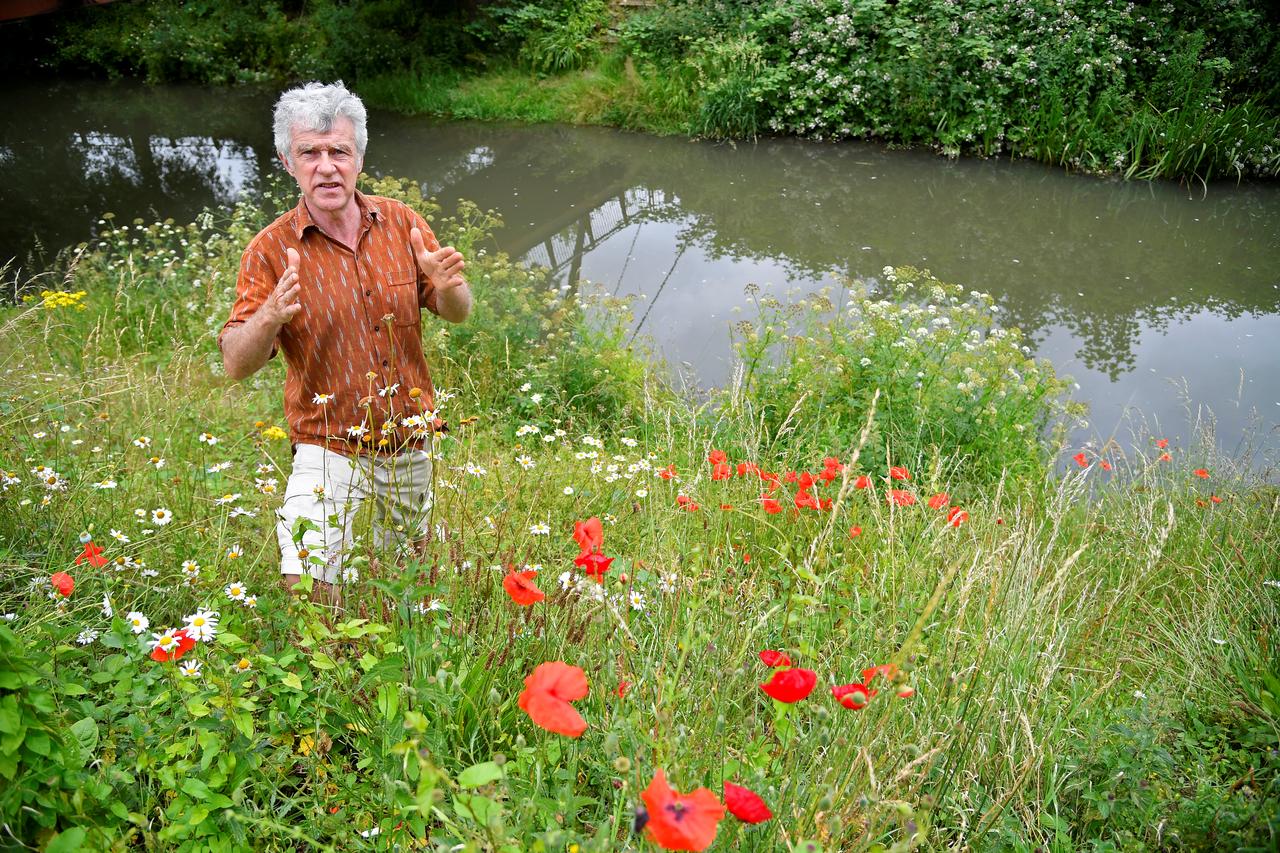This article by Matthew Green was published in Reuters on September 10, 2019.
FROME, England (Reuters) – Nobody knows exactly how ancient masons, wielding chisels made from deer antlers, managed to build Stonehenge, the standing circle that has enchanted southern England for thousands of years.
But one theory about the epic undertaking reserves a special place for a nearby river, now known as the Frome, that may have served as a conduit for ferrying some of the smaller megaliths toward the site on rafts.
Today, the placid waterway is once again playing a supporting role in a grand vision, albeit one its architects want to etch in the statute books, not in stone.
Frome, a market town in the county of Somerset, is petitioning the British government to grant the River Frome “legal personhood” – in effect, giving it human rights.
In throwing down this gauntlet, the town has joined a global “rights of nature” movement linking river basins in New Zealand to rainforests in South America and towns in the U.S. Midwest. In each case, communities are reimagining ways to harness the law to defend the Earth’s living tissues, and the places they call home. Some have dubbed it Mother Earth’s MeToo moment.
n practical terms, supporters hope that granting the Frome rights will give lawyers a new avenue to seek redress whenever its waters are sullied by runoff from pig and dairy farms or overflowing sewers. Last month, one of the River Frome’s tributaries turned an unnatural shade of neon blue – highlighting wider concerns over water quality in British rivers.
But Peter Macfadyen, an undertaker who redrew Frome’s political map by leading a band of independent candidates to take over the town council, wants to do more than protect one river. In an era of accelerating climate change, Macfadyen and his allies see their quest as part of a struggle to reset the balance between nature and the modern world.
“This is much bigger than just wanting to punish people for doing something wrong,” said Macfadyen, who also served as Frome’s mayor. “It’s about trying to change a mindset about the environment in which we live.”
(To read the rest of this article at its original source please click HERE.)

